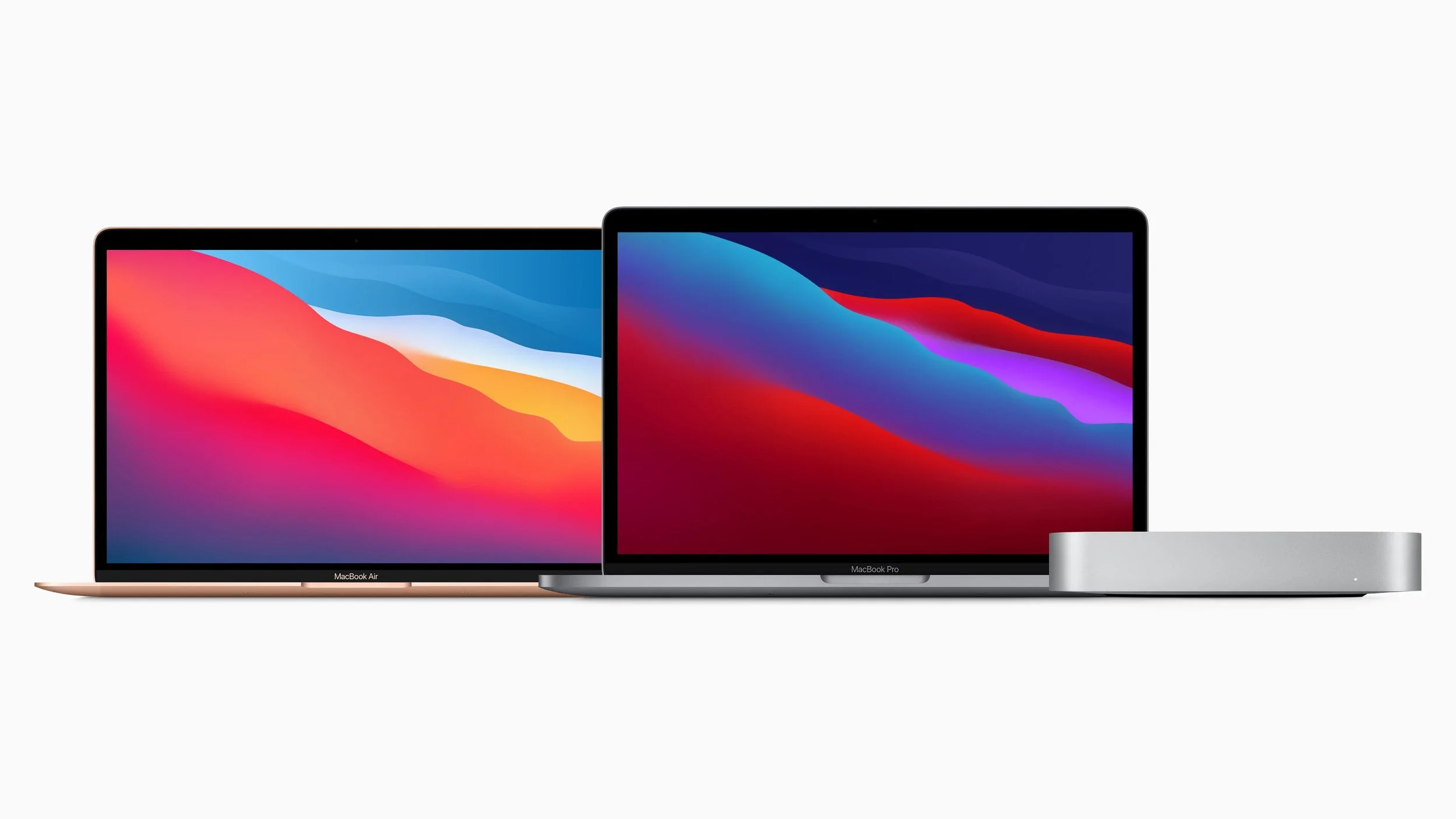Here's Apple's "One More Thing" - Apple M1
Earlier today, Apple announced upgrades to the MacBook Pro, MacBook Air, and Mac mini - all of which are equipped with Apple's M1 silicon chipset. At this year's Worldwide Developers Conference (WWDC for short), Apple announced that they would transition from the Intel manufactured processors to its own in-house solution named Apple Silicon. This event was all about exploring what that meant for Macs moving forward as well as what it means for this year's Macs.
If you didn't watch their livestream, you can do so below, because I gotta admit that 90% of the things Apple mentioned, went right over my head. If you just want a quick look into what they announced, however, feel free to stay a little while.
Apple Announces the M1 Chip

Apple is transitioning to a 5nm they call M1 equipped with an 8-core processor that they claim is the fastest CPU ever and has the best performance per watt of any CPU in its class currently available.
Inside the M1 is an 8-core integrated graphics processor unit, that again, Apple claims is the fastest and most effecient GPU on the "PC laptop chip" market.
Apple Announces the M1 MacBook Air

Apple's MacBook Air with the M1 chip, costs $999 and is one of the first of the Mac line to gain the new Apple chip. Design-wise, not much has changed, but will enable the Air to provide up to 18 hours of video playback and better overall performance in applications like Final Cut Pro as well as games that use its integrated graphics. Likewise, Apple claims a 2x increase in its SSD flash performance due to the switch to the M1 set.
This model is now available for pre-order and will release in a week.
Apple Announces the M1 MacBook Pro

After the MacBook Air receives the M1 upgrade, the 13-inch MacBook Pro will be the next in line to receive the M1 upgrade with 20 hours of video playback on a single charge, which Apple touts as the "longest battery life ever on a Mac". Marketing towards college students and pros, Apple has enhanced the camera ISP to enhance video calls via the M1 chip. Apple has also enabled the Pro's Thunderbolt USB 4 ports to output at a full 6K resolution, for monitors like its Pro Display XDR.
The 13-inch MacBook Pro starts at $1,299 for consumers, and $1,199 for education.
Apple Announces the M1 Mac mini

For desktop users, Apple is offering the M1 Mac mini, essentially taking the Apple Transition Developer Kit it announced at WWDC earlier this year that Apple themselves said they wouldn't offer to consumers. With the M1 Mac mini, Apple is boasting a three times boost in CPU performance over the previous generation and a six times boost in GPU performance.
The M1 Mac mini offers a Gigabit Ethernet port, two Thunderbolt USB 4 ports capable of connecting to the Pro Display XDR at a resolution of 6K, an HDMI 2.0 port, 2 USB-A ports, and a 3.5mm headphone jack.
The M1 Mac mini starts at $699, with the option to upgrade from the 256GB SSD up to a 2TB SSD and upgrade from the 8GB of RAM to 16GB.
The mini is avaialble to order now and will release alongside the MacBook Air next week.
Apple Announces macOS Big Sur Release Date

As one might imagine, all of the aforementioned Macs come with macOS Big Sur. macOS Big Sur, according to Apple, enables the new M1 Mac line's improvement in performance, battery life, and enhanced security measures like the Secure Enclave.
macOS Big Sur releases this Thursday, November 12th.


